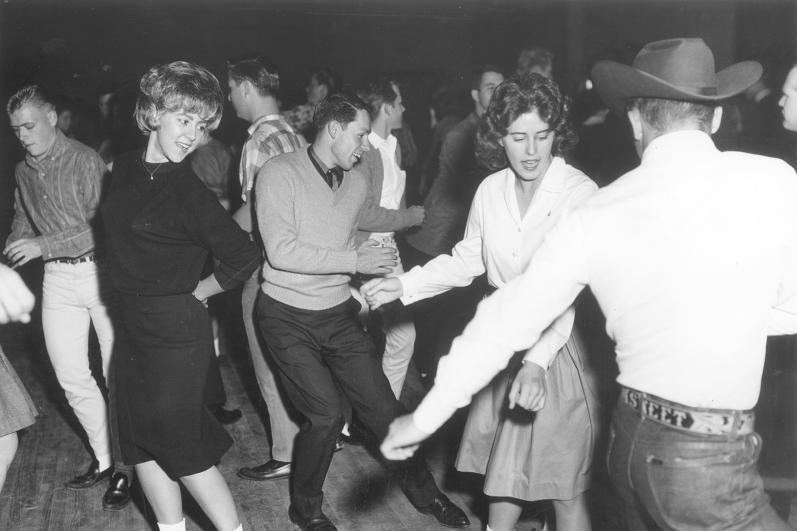Before Roe v. Wade
I went to high school before Roe v. Wade, the landmark Supreme Court decision establishing a woman's constitutional right to abortion and an absolute right during the first trimester.
In early May, we read of an unprecedented leak of a draft version of a Supreme Court opinion, authored by Justice Samuel Alito, that would overturn this 1973 decision.
But back to some high school memories. My small town was full of the grandchildren of immigrants, folks with a storied affinity for beer. The amount of underage drinking was phenomenal, although to us at the time it was just another Saturday night.
I was the oldest child. Although drinking was the norm in my family, my Catholic convert mother held me on a tight leash, which made a good excuse for my own fearful social reluctance. Hence, I was not part of the approximately 10 percent of the females in my graduating class who became pregnant during high school. That's not including the percentage who were dads.
Unbridled access to alcohol, practically nonexistent sex education -- what could go wrong?
"Shotgun weddings" used to be a well-worn phrase. There were no actual weapons involved in the marriages of my friends, but some tied the knot at 15 and 16 years of age. These were good people in a supportive community, and it amazes me how solid most of their marriages are and how successful their subsequent families have become.
Were there abortions? We heard a rare rumor.
The sudden disappearance also occurred. Any Catholic who grew up in this time period knows what I mean. A girl here one day, gone the next, the often-preferred Catholic response then to an unplanned teenage pregnancy. We've seen it in our communities or families -- the girl who goes away for a while, sometimes forever.
In her 1987 novel, "That Night," Alice McDermott explores a similar situation. In her book, not even the boyfriend knows what happened to the girl he's made pregnant.
Whisked away, sometimes to another state, these good Catholic girls stayed in an institution until giving birth to a child they may, or may not, have held in their arms briefly.
In his opinion, Alito uses the jarring term, "the domestic supply of infants." Yes, the "supply" of infants for adoption was high back in those days.
Later, grown up and living far from that little town, I joined some Catholic friends and volunteered at Birthright, a group that tried to help pregnant girls and women carry their child to birth with support and dignity. The woman who started our chapter, in the years before Roe, said she did so primarily because of the horrible way pregnant girls were treated.
How horrible? Well, my youngest brother, living in a post-Roe world but in our same little town, went to bat for a pregnant friend -- who had not disappeared -- who was banned from prom because of her pregnancy. He saw that as unjust, particularly because the father of her child was welcome to attend.
When I hear about women traveling the country seeking abortion, I feel deep compassion for the little, growing child who travels in them. I want to welcome them both without anyone disappearing.
I want to live in a country that offers women universal health care, good paid parental leave from employers (including Catholic institutions), safe, affordable child care, and community support and education that promotes both a healthy use of our sexuality and a thorough understanding about the unborn child.
Without fighting for these things, there will be no end to abortion, no matter how many laws we pass.
- Effie Caldarola is a columnist with the Catholic News Service.



















